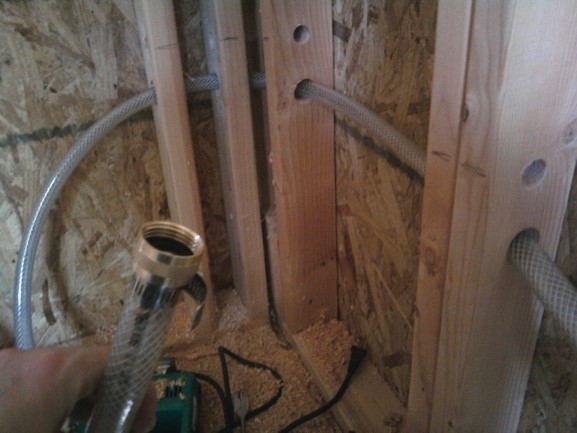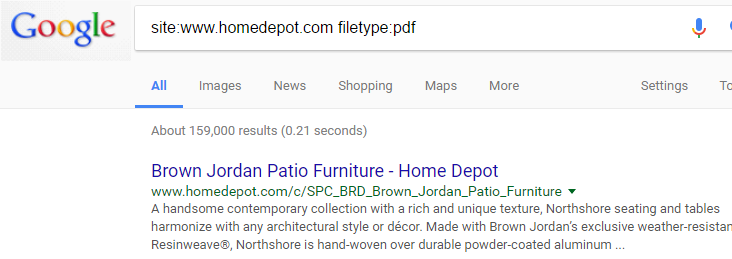Whether you have been considering tiny living for a while now, or you are brand new to the movement, research is an intricate part of gaining the knowledge that you need and answers to the questions you have. Here are a few great tips to help you make the most of your time and efforts in your tiny house research.
There are several different places to find answers to your tiny house questions. These include online, books and manuals, and asking an expert.
Getting Answers Online
When you think of getting answers online, you probably think of Google. The challenge with Google isn’t how to get information; it’s how to decide what is trustworthy. Anyone can put anything online, so you can't just go for the first answer. Take plumbing for instance. Sure, copper, PVC and PEX are all correct and valid choices, but then there are other people who would tell you that garden hose would be fine to plumb your house (there really was someone out there recommending this, please don't do it!).

Finding a definitive answer to your question is also complicated by the fact that there is often more than one right answer, and infinite wrong answers.
The trick is to find trustworthy and authoritative sources. These sources are often (but not always) people who have something to lose if they are wrong. In other words, they have a little skin in the game. These include manufacturers, retailers, authors and bloggers.
Manufacturers are some of the most trustworthy sources. For instance, if you are looking to install a window and you go to a manufacturer of windows, they are likely going to have really great information on installing windows. This is because they know the product really well and have liability if they give out incorrect information.
Larger retailers are another group that have something to loose if they give bad advice. Could you imagine the lawsuits that would result if Home Depot accidentally had instruction that had you install a window upside down. Because of this, they spend a lot of resources to have several levels of reviews on everything that they put out.
Authors are another great resource. They are usually experts in their field. If they are disciplined enough to write a book about something they are normally coming from a place of knowledge. Some also provide a lot of free resources online because it's a topic they are interested and vested in.
Finally there are bloggers. They can be real authorities on their topic, providing that they have done what they are writing about many times before. But if a blogger is walking you though the very first house that they build, there is probably going to be some things that they get wrong and no one is even there to challenge their authority. Just beware that because someone is doing what you want to do, doesn't mean they are doing it right.
Some bloggers are also incentivized to talk about specific products. That doesn't necessarily mean the products are bad, they may just not be talking about them because that really believe in or have used the product.
Tiny House Research Search Tips
When you have gotten it down to a site that you know you can trust or have been to before and want to quickly find what you are looking for, you can use Google to your advantage. A pro tip here is to do a site specific search. To do this simply type into your Google search box “site:www.websitenamehere.com whatyouaresearchingfor”. See the picture below as an example.

Sometimes, especially if you know that you have looked at something in a pdf (or any type) file format, you may want to search specifically for that file type. Type into your Google search box “filetype:filetypehere” and you can look for only that type of file. Here is an example.

This can really narrow down your search results making it much easier to find what you are looking for.
Going Offline
Books and manuals can be really great resources. We always recommend reading the instructions that come with every product because they are usually a quick read and tell you exactly how to install or use the product.
Having something in-hand can also be a lot more convenient on the job site. I know Dan, even after building a bunch of houses, always keeps a copy of his construction guide on the job site and references it every time he installs a 3-way switch. He needs it and he wrote the book! It's just easier than looking it up online on the rare occasion it's needed.
Ask an Expert
If all else fails, you can ask an expert your construction question. If you have a lot of questions or need a lot of help you will need to hire an adviser or mentor. If you just have one specific, rare question you may just try emailing an expert in the field you trust. We get about 80 emails each day with many of them asking random construction questions. When it comes to emailing for answers and advice, here is a word to the wise: Be clear, specific and make it easy to answer you. If you email and ask, “What is up with all of this tiny house movement and stuff?” (True email by the way), you are liable to get passed up and not taken seriously. If you ask something very specific and sound like you have done your basic tiny house research, you are much more likely to get a defined answer and establish yourself as someone worth the time and effort. A little research ahead of time goes a long way.
Email also may not be the fastest way to get answers, as people are in and out of offices, have higher priority problems, etc. Just keep that in mind if it's an urgent question. You may not get your answer for a couple of days.
There are plenty of great resources out there on the web. Our collection or articles and resources is one example. Where do you find the best tiny house information? Where does your inspiration come from? Let me know in the comments below.